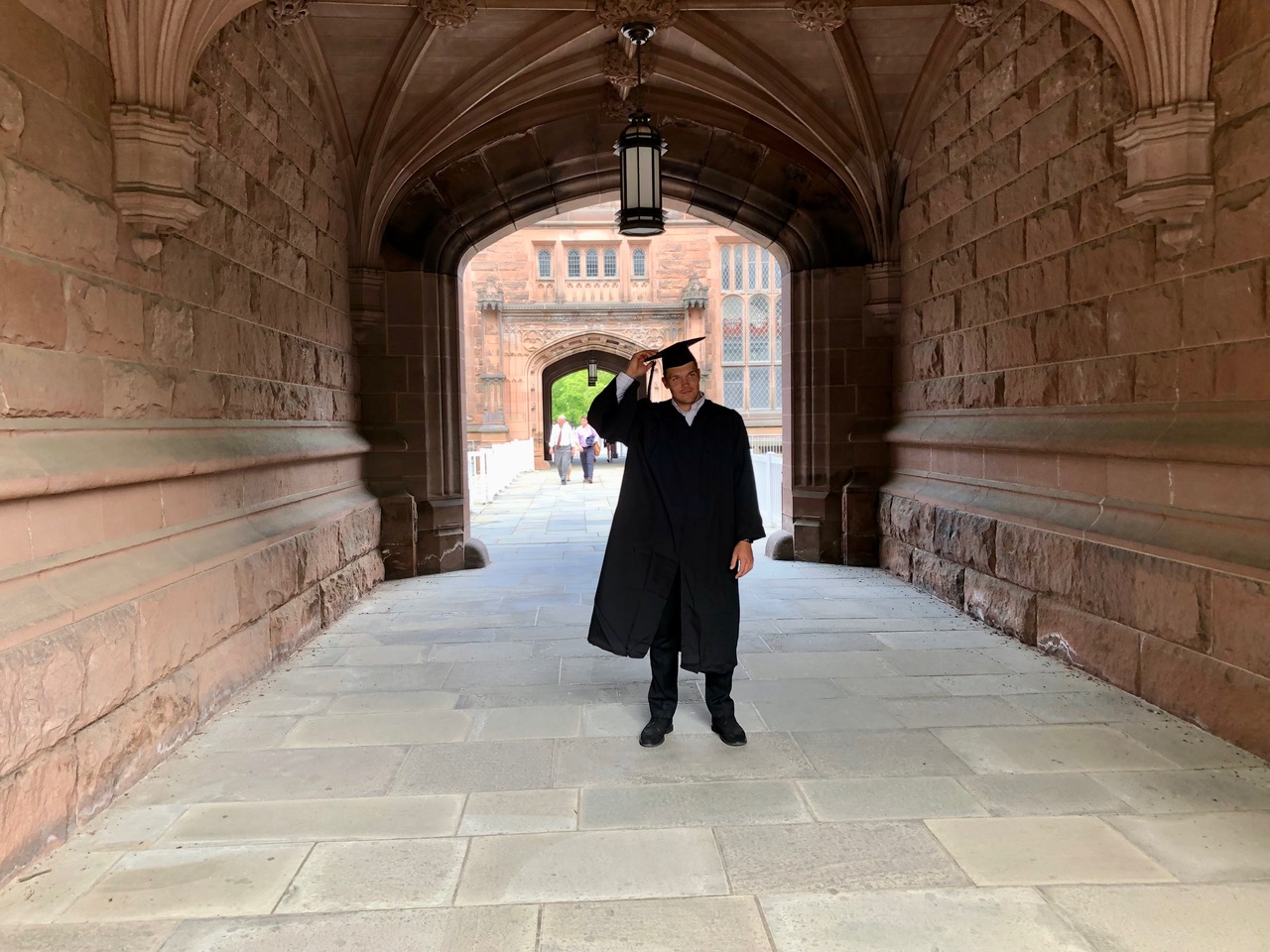 Yep, traditional higher-ed institutions will soon be graduating students with degrees in social media. It’s a million times more relevant than Shakespeare, so how could they not?
Yep, traditional higher-ed institutions will soon be graduating students with degrees in social media. It’s a million times more relevant than Shakespeare, so how could they not?
Within the last week or so, social media has become a headline in so many ways that social media itself can barely keep up.
In Minnesota, the U of M has announced plans to create a social media minor, and already has some classes; St. Thomas (across the river) has had a digital media arts major for some time. Meanwhile, the MN legislature appears close to some sort of ban on cellphones in the classroom (though school districts would create their own policy). And in faraway Washington DC, new legislation to ban TikTok in the USA just sped through Congress.
The BreakAway board has, for years (decades?) railed against c-phone/tech addiction, and the ways they have ruined communication, civility, and sanity. These issues have now become so omnipresent that, well, we rarely comment or preach the gospel of Unplugging of late. So while it’s terrific to see the world sorta catching on, let us be the first to say: TOO LATE!
Having taught at two art colleges—during the years that phones and nonstop tech were gradually gaining ground and taking over brains—I can tell you this: It’s not easy. Policies rarely worked, and students were so clever they could practically text with their toes. As a guest speaker in other classes, I’d wander and see most of the students were NOT taking notes on their computers; they were shopping Amazon or perusing the latest posts from Nikki Minaj.
Yet, my writing class incorporated social media writing. (I called the course ‘Contemporary Marketing Writing,’ though the official title was an inherited, tired tangle of verbiage.) The challenge persisted always: Professor Kirk insisted the students write with traditional grammar and punctuation, if only cuz this is college, even though SM rarely bothers with such. At some point, I had to give up! And in truth, my approach was probably dated, if appropriate. #whatevs
In a word, NO. The owners (who are Chinese) can fight the ban in courts. For years. Should it go away? Yes. China is accessing our data, spying on our people, and successfully spreading bogus information to harm our country. This culture critic tires of conspiracy theories. But this is no theory. Even the dunderheads in DC have finally figured that out.
Anyway, polls of kids confirm that if TikTok goes away (which would be toats Debby Downer), they’d just shift to other platforms. And other platforms would probably get better at mimicking TikTok.
People often quote the ancient allegedly Chinese proverb: ‘May you live in interesting times.’ Well, we do. So interesting that 49% of 15-17 year-olds have experienced cyberbullying within the last year (Pew). So fascinating that excellent teaches are quitting because they can’t compete with phones. So intriguing that our state and national governments are trying to control the chaos through a myriad of laws that will have little or no policing or power.
There’s so much more to say, and maybe we will, someday. But just now, we just wanna ditch this tedious writing nonsense and check our latest Facebook feeds.
Keep the faith.